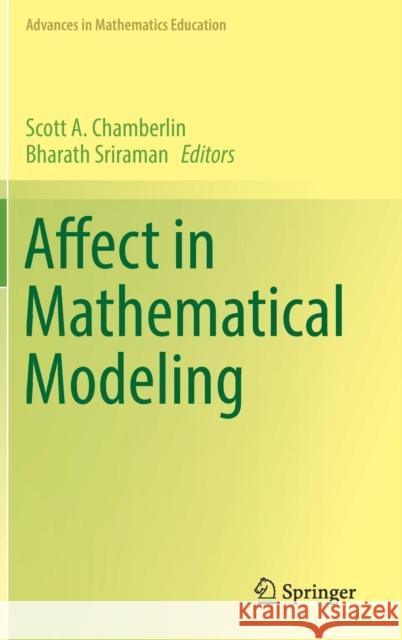Affect in Mathematical Modeling » książka
topmenu
Affect in Mathematical Modeling
ISBN-13: 9783030044312 / Angielski / Twarda / 2019 / 332 str.
Kategorie:
Kategorie BISAC:
Wydawca:
Springer
Seria wydawnicza:
Język:
Angielski
ISBN-13:
9783030044312
Rok wydania:
2019
Wydanie:
2019
Ilość stron:
332
Waga:
0.65 kg
Wymiary:
23.39 x 15.6 x 2.06
Oprawa:
Twarda
Wolumenów:
01
Dodatkowe informacje:
Wydanie ilustrowane











